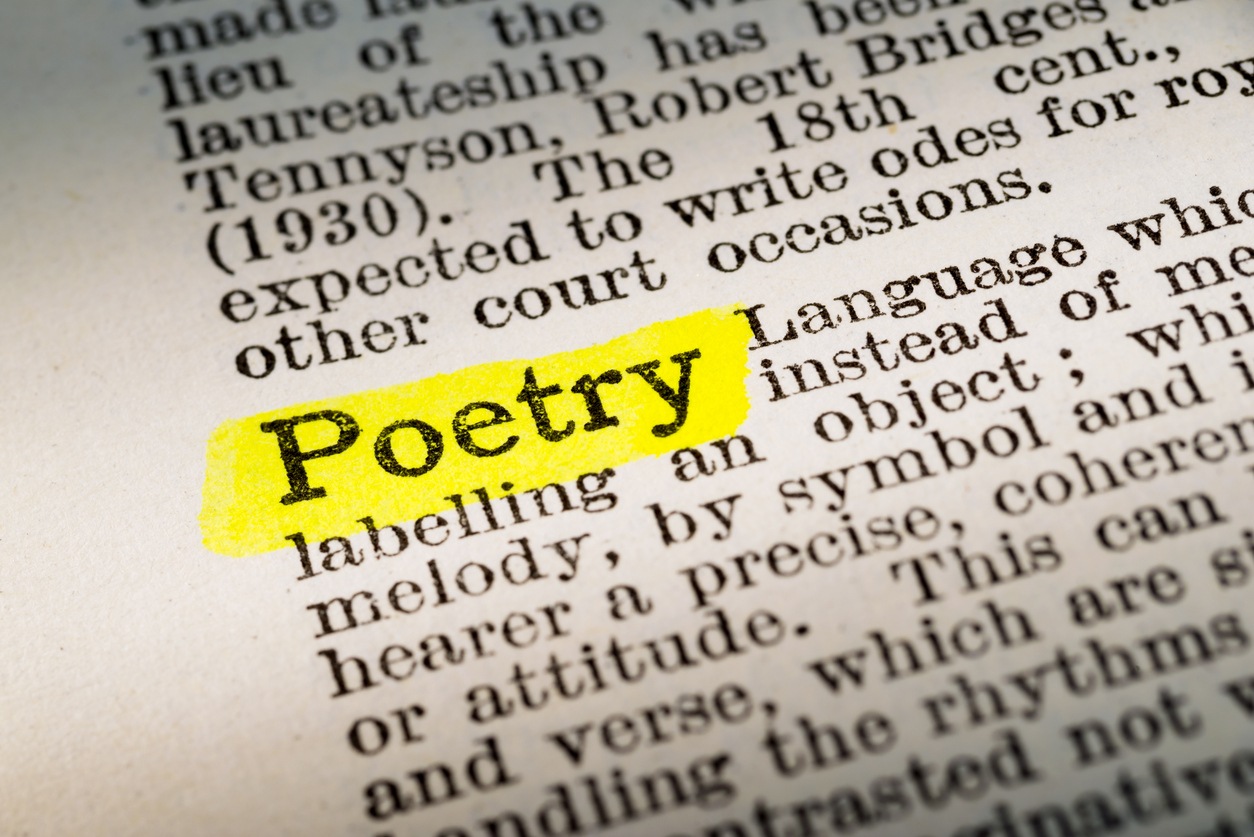Since the national lockdown was announced in March, we have seen an outpouring of poetry on our timelines and news broadcasts. As we desperately try to get to grips with the new pressures that COVID-19 has presented, news organisations such as the BBC have allowed poets to provide an emotional response to the pandemic.
In the same way the pandemic has laid bare many of the inequalities and fractures in our society, perhaps it has also underlined the limitations of traditional news reporting.
According to tradition, journalists are obliged to distance themselves from a subject in order to report fairly and accurately. As student journalists, we are taught to limit our subjective experience to columns and comment sections. But in times like this, the headlines and figures breed fear, when what we need right now is hope. Perhaps this is why mainstream media have turned to poetry, in a bid to capture gritty reality yet find inspiration within it – a dual purpose that is not often found in traditional reporting.
Kitty O’Meara’s ‘And The People Stayed Home,’ offers a beautiful alternative to the Stay home, Save lives, Save the NHS mantra of daily government briefings. Immense gratitude for our NHS is at the heart of much of the poetry of this time. A brave nine-year-old by the name Sophie shared her poem for “the heroes of the NHS,” on the BBC, but my personal favourite is Michael Rosens, “These Are The Hands.” Rosen himself remains in hospital nearly a month after he was admitted into an intensive care unit.
Urging more poets to come forward, former poet laureate Carol Ann Duffy is working with Manchester Metropolitan University on a project entitled Write Where We Are Now.
Poetry has always served as a way of understanding what’s happening to us. The earliest poetry, which was spoken long before it was written down, provided a record of human experience as well as a communal myth. The ‘war poets’ of 1914-18 were the most accurate reporters of The Great War. More recently, NWA described themselves as the true ‘reporters’ of LA.
So what better time than now, to create a living record for generations to come. And what better time to marry poetry and journalism as a new approach to reporting?




